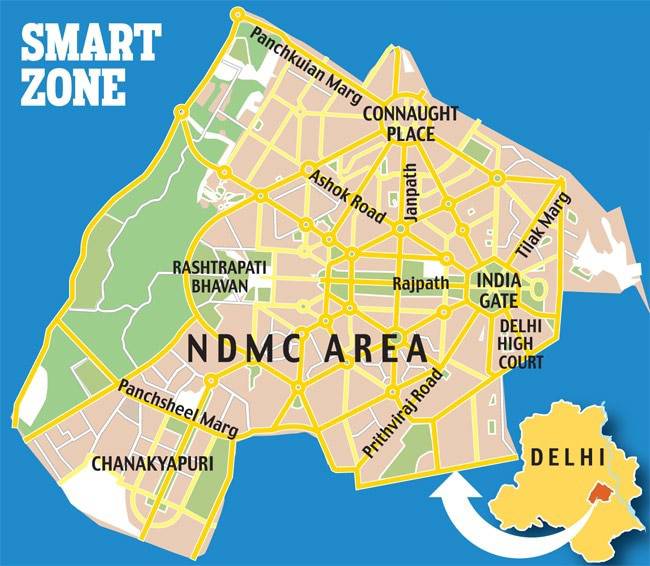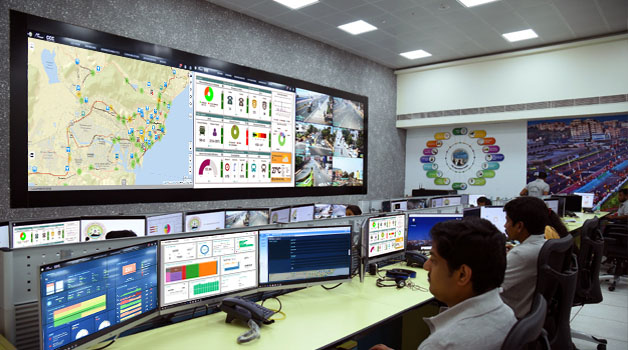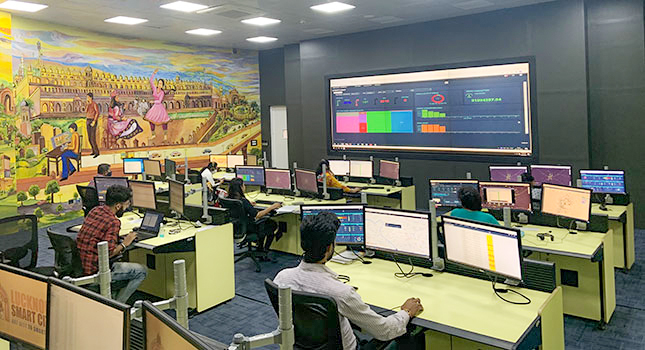Background
Assam Power Distribution Company Limited (APDCL) is the state wide utility of the north-eastern state of Assam in India. In the state capital city of Guwahati, there has been a threefold increase in demand for power in the past 5 years. Consequently, APDCL is only able to meet about 90% of peak load especially during evening time, and the situation is further worsening with increasing demand from power hungry urban consumers.
Guwahati was chosen as one of the 14 smart grid pilots in India to find a solution to this peak load management problem. A good mix of 15,000 residential and C&I consumers were chosen for the pilot. The pilot will assess the acceptability and success of smart grid technologies in forecasting and managing peak load through technology enabled solutions like AMI infrastructure supported by load forecasting and peak load management through demand side management measures. Demand side management measures include a combination of critical peak pricing, dynamic pricing, in-home display, web self-service, rooftop solar, EV charging and so on.
Business Issues
- High distribution losses due to lower metering and billing efficiencies
- Inability to control peak load leading to scheduled/unscheduled load shedding
- Absence of accurate load forecasting mechanism to plan for power purchase in advance
- Rudimentary power quality monitoring and outage management
- Need to understand impact of new paradigms like rooftop solar, storage and EV charging
Solution Delivered
As the system integrator, Fluentgrid is implementing the first ever fully integrated smart grid pilot in India with most of the smart grid use cases. The 15,000 meter smart grid pilot covers all types of consumers including residential and C&I with smart grid elements such as an unified head-end system (UHES), meter data management system (MDMS), network monitoring system (NMS), demand response with critical peak pricing and dynamic pricing, energy efficiency, peak load management, power quality monitoring, load forecasting, outage monitoring, rooftop solar and EV charging integration and the smart grid command center.
Benefits
- Will bring down losses by improving metering and billing efficiency and give better insights to consumers on their energy usage patterns through consumer portal
- Load forecasting and peak load management through demand response measures will help APDCL save on last minute energy purchase at higher cost
- The pilot project would give deeper insights into dynamic energy supply chain management using smart grid technologies in Indian context including consumer response to such technologies
- For the first time, APDCL would be able to observe and even control end-to-end energy supply chain dynamics in real time from the command center








